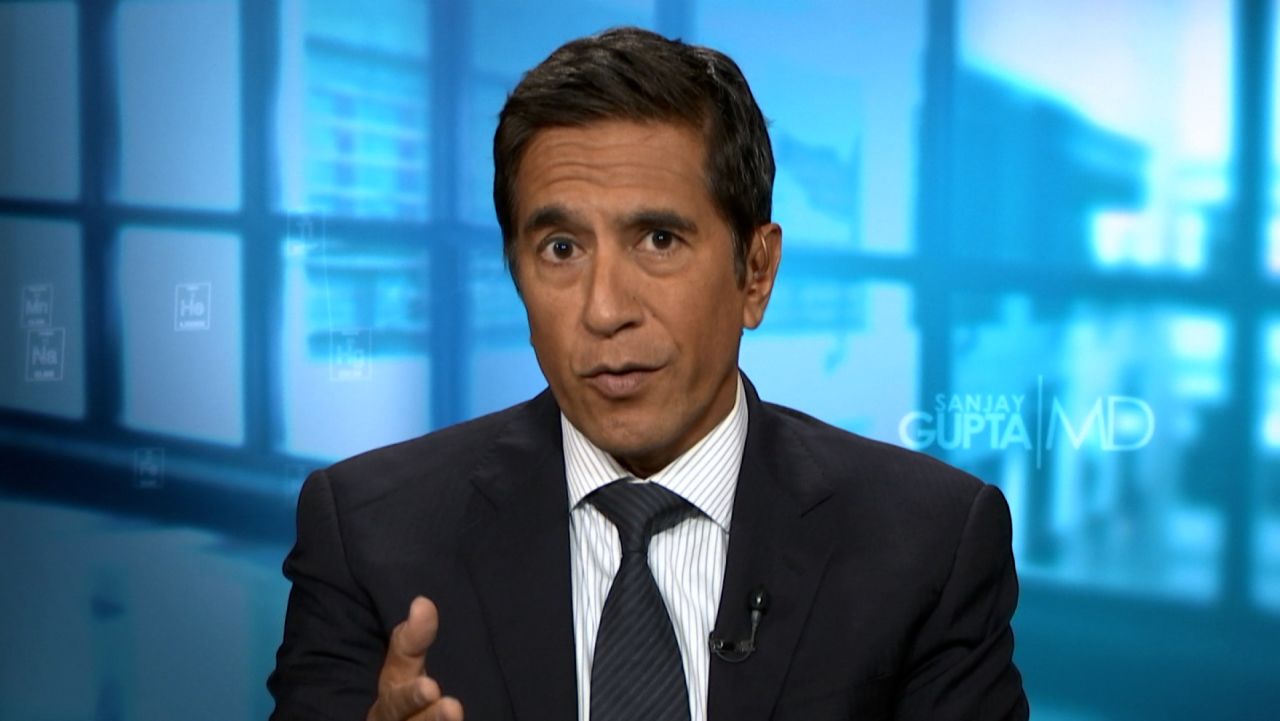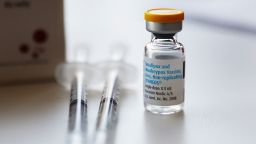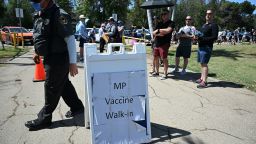The US Centers for Disease Control and Prevention issued a new warning to health care providers Thursday about severe illnesses in people with monkeypox.
The alert comes as Ohio reported that an individual with monkeypox has died – the third known death of a patient with monkeypox in the United States.
Ohio listed the death in an update to its online monkeypox outbreak dashboard Thursday. The Ohio Department of Health on Friday said an adult male with monkeypox had died, and the individual had “other health conditions.” The CDC told CNN it is aware of the death.
The first US death due to monkeypox was confirmed this month in Los Angeles County. The county public health department and the CDC said the person had a severely weakened immune system and had been hospitalized. No further information will be made public, the department said.
A person in Harris County, Texas, who had monkeypox died in August, but the virus’ role in that death has not been confirmed.
Deaths from monkeypox are extremely rare, and babies, pregnant women and people with weakened immune systems are at greater risk. Among more than 67,000 cases reported globally in the current outbreak, there have been 27 deaths, according to the World Health Organization.
More than 25,000 cases of monkeypox have been reported in the United States, but recent case trends suggest that the outbreak is slowing in the US.
Falling case numbers might be a reflection of rising numbers of people vaccinated against the virus. This week, the CDC announced that it’s expanding eligibility for the Jynneos monkeypox vaccine to higher-risk people who have not been exposed to the virus.
According to data posted by the CDC on Wednesday, men at high risk for monkeypox because they have sex with other men or because they live with HIV were 14 times more likely to be infected if they were unvaccinated compared with those who were at least two weeks past their first dose of the vaccine.
CDC warns of ‘severe manifestations’ of monkeypox
The CDC said Thursday that some people in the US who were infected with monkeypox during the ongoing outbreak have had “severe manifestations” of the illness, extended hospitalizations or “substantial” health problems.
The agency’s health alert notes that severe monkeypox can happen in anyone, and most people diagnosed during this outbreak have had mild or moderate illness. Most people whose illness has been severe have had HIV with “substantial immunosuppression,” it says.
Some of the severe illnesses have included:
- Coalescing or necrotic lesions requiring extensive surgical care or amputation of an extremity
- Lesions in sensitive areas like the mouth, urethra, rectum or vagina that cause severe pain and affect daily activities
- Bowel lesions with significant swelling, leading to obstruction
- Lesions causing scarring with “significant” effects in areas like the genitals, bowels or face
- Involvement of multiple organ systems and associated conditions, such as encephalitis, myocarditis, conjunctivitis and corneal ulcerations
The advisory urges health-care providers to be aware of risk factors for severe monkeypox and says anyone with suspected or confirmed monkeypox should be tested for HIV. Providers should also check whether the person’s immune system may be weakened by another condition or by a medication.
Get CNN Health's weekly newsletter
Sign up here to get The Results Are In with Dr. Sanjay Gupta every Tuesday from the CNN Health team.
Monkeypox treatment in people who have weakened immune systems should involve stopping any medications that may be affecting the immune system, providing antiretroviral therapy for those with HIV, and possibly using medications such as tecovirimat, known as Tpoxx.
The CDC says people who were exposed to monkeypox through sexual contact should get tested for HIV and other sexually transmitted diseases.
CNN’s Brenda Goodman contributed to this report.


